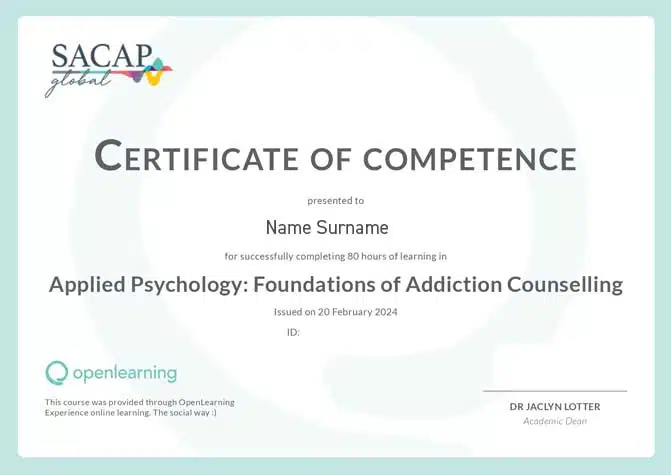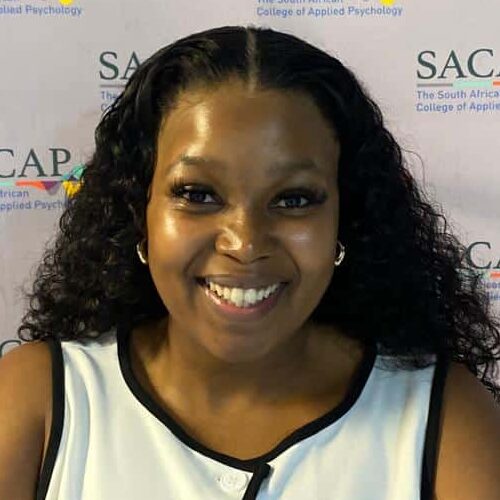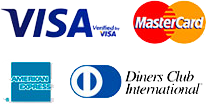Foundations of Addiction Counselling
R6,160.00

Course Overview
Addiction is a chronic condition that can affect many aspects of your life, including physical health, mental health, relationships and your career.
The Foundations of Addiction Counselling micro-credential is an introductory short course that provides you with basic addiction knowledge, practical strategies and contextual skills.
This 8-week course will help you grasp key concepts, theories and treatment methods of addiction, as well as associated issues and challenges in the realm of addiction.
The course starts with an introduction to addiction and core-related concepts. Addiction theories and models are explored such as the brain reward pathway and factors contributing to addiction.
Basic addiction counselling theories are investigated, and addiction assessment tools are identified.
The course unpacks co-occurring disorders and behavioural addictions. Specifically, how disorders such as depression and anxiety can further complicate addiction. Behavioural addictions such as gambling, binge eating, and compulsive buying, are investigated, and treatment strategies are explored.
Furthermore, addiction treatments are shared and the connection between addiction and issues like rape, sexual abuse, HIV/AIDS, intimate partner violence, and homelessness are examined.
NOTE: This introductory course provides basic addiction knowledge and skills. This course is not a substitute for an accredited counselling qualification and does not certify you as a counsellor.
FAQs
What are the entry requirements?
Anyone 18 years of age or older can sign up for this micro-credential course. There are no academic entry requirements or conditions.
Who is this course for?
This course is for anyone interested in understanding the complexities of addiction by exploring key concepts, theories and treatment approaches.
What is the time commitment?
A total of 80 hours is required to complete the micro-credential course. An average of 10 hours weekly over 8 weeks.
What do you need to do the course?
- Access to Microsoft Word
- Google Chrome (recommended)
- Stable internet connection
Is the course accredited?
The micro-credential course is not accredited and non-credit bearing.
What is addiction?
Addiction is a strong physical or psychological need or urge to take or use something to the point where it could be harmful to you. Addiction is a chronic condition that can affect many aspects of your life, including your physical health, mental health, relationships and career. Read more here.
Course highlights

-
Understand addiction and explore addiction theories and models.
-
Investigate basic addiction counselling theories.
-
Improve your ability to support those struggling with addiction.
Dates
Class of 2025 October: 6 October – 30 November
There are no online classes. Course content is released on a weekly basis allowing you to work through the course material, and meet weekly targets, at a time that is most convenient to you.
Learner Experience
Certification
Upon completion, you will receive a digital certificate of competence as evidence of the skills and knowledge demonstrated.

This course has been designed and developed by experts in the field of psychology. The Foundations of Addiction Counselling micro-credential is for anyone needing to upskill in this area and offers 80 hours of learning and assessment.
Stackable Credentials
Stack specified combinations of micro-credentials and they can be recognised as equivalent to a module within the Bachelor of Applied Social Science Degree at SACAP. Foundations of Addiction Counselling can be stacked with Addiction Counselling: Beyond Basics and if you meet the minimum entrance criteria, you can enrol for the Bachelor of Applied Social Science Degree and apply for module exemption.

What You’ll Learn
Over the course of eight (8) weeks, through videos, readings and discussions, you will explore the following topics:
Week 1: Understanding Addiction: Learn about addiction theories and models and distinguish between the different addictive substances and the effect it has on an individual.
Week 2: Examine five different counselling theories, namely, psychoanalytic, existential, cognitive behavioural, control/reality and the stages of change model and how it relates to addiction.
Week 3: Learn about the biopsychosocial and biomedical model. Discuss addiction assessment objectives and principles and commonly used assessment instruments.
Week 4: Learn about common co-occurring disorders in addiction.
Week 5: Explore behavioural addictions: gambling, binge-eating, hypersexual behaviour, compulsive buying, internet and video game addictions.
Week 6: Investigate addiction treatment strategies and learn about crisis counselling, brief interventions, harm reduction, suicide risk identification, and treatment planning.
Week 7: Address related challenges and issues like rape, sexual abuse, HIV/AIDS, intimate partner violence, and homelessness, focusing on assessment processes.
Week 8: Undertake a summative assessment that captures all the key learning outcomes for this course.
Course Outcomes
By the end of this course you will be able to:
- Discuss the basic concepts of addiction.
- Describe key theories used to understand addiction.
- Explain the biopsychosocial model and other assessment and screening tools to assess addiction.
- Define co-occurring disorders and their treatment.
- Identify behavioural addictions and possible treatment approaches.
- Discuss treatment strategies and differentiate between harm reduction and abstinence-based approaches.
- Identify related issues occurring in the field of addictions.
The Team
The SACAP Global team brings a wealth of knowledge and practical experience across various disciplines. Our expert short course developers and dedicated support team are passionate about sharing their insights to help you get the most out of your online learning journey.






















